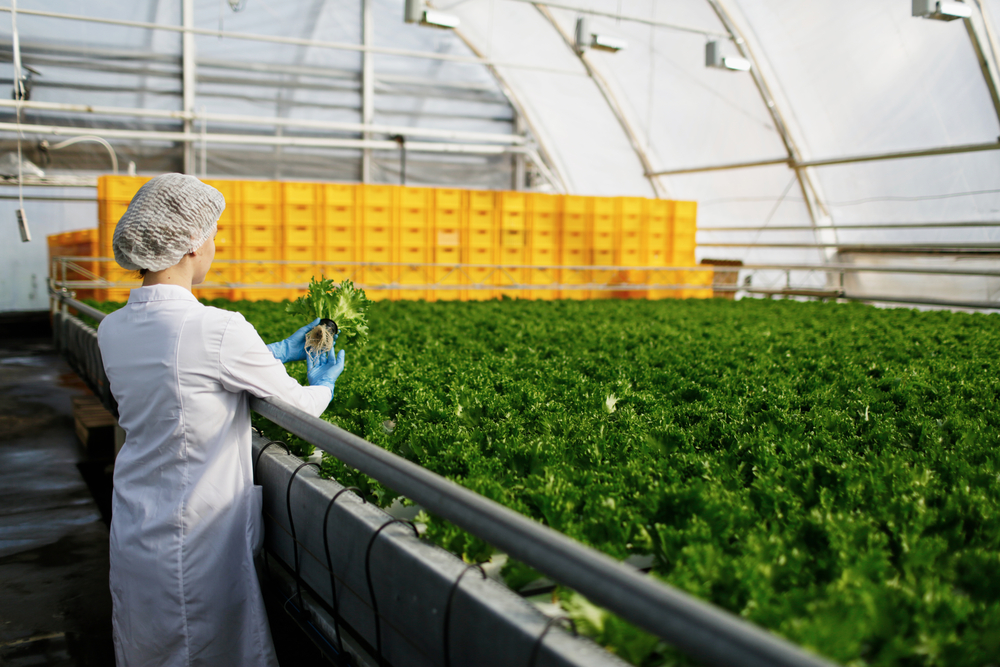
“We have an opportunity to support the agricultural producers in the Western Hemisphere – and across the world – by committing to science-based standards and policies that ensure the quality and safety of our food while also facilitating international trade. I’m pleased that we’ve come together as neighbors across the hemisphere in support of this resolution, which lays a foundation for continued cooperation that will benefit agriculture in the Americas and beyond.
“This resolution addresses pesticide maximum residue levels, or MRLs, which are too often used as a barrier to trade. We heard firsthand this week how missing and misaligned pesticide MRLs can harm farmer livelihoods, contribute to food waste, and decrease food security. On the other hand, transparent and predictable establishment and adoption of MRLs helps farmers access the full range of tools and technologies they need to combat pests and allows them to engage in international trade.
“The United States is pleased to join with our IABA partners in endorsing this resolution supporting collaborative actions to reduce the impact of non-tariff barriers on trade, with particular emphasis on the agricultural exports of developing countries.”
The IABA is the governing board of the Inter-American Institute for Cooperation on Agriculture (IICA), which is comprised of 34 Western Hemisphere countries committed to achieving agricultural development and rural well-being through international technical cooperation.
Read the complete resolution here
More information:
Institutional Communication Division, IICA











